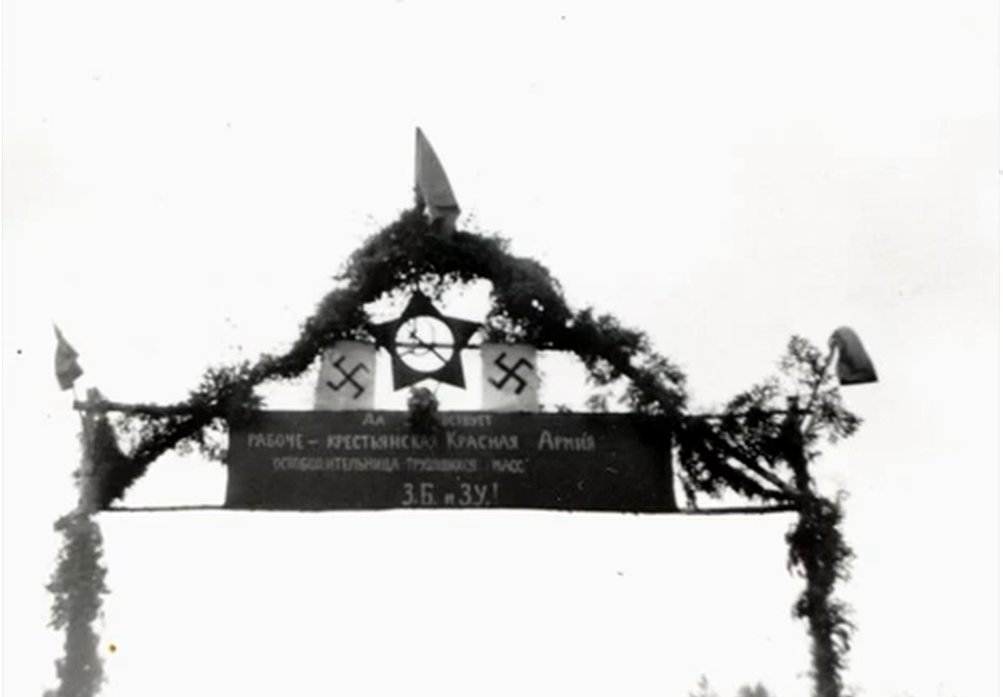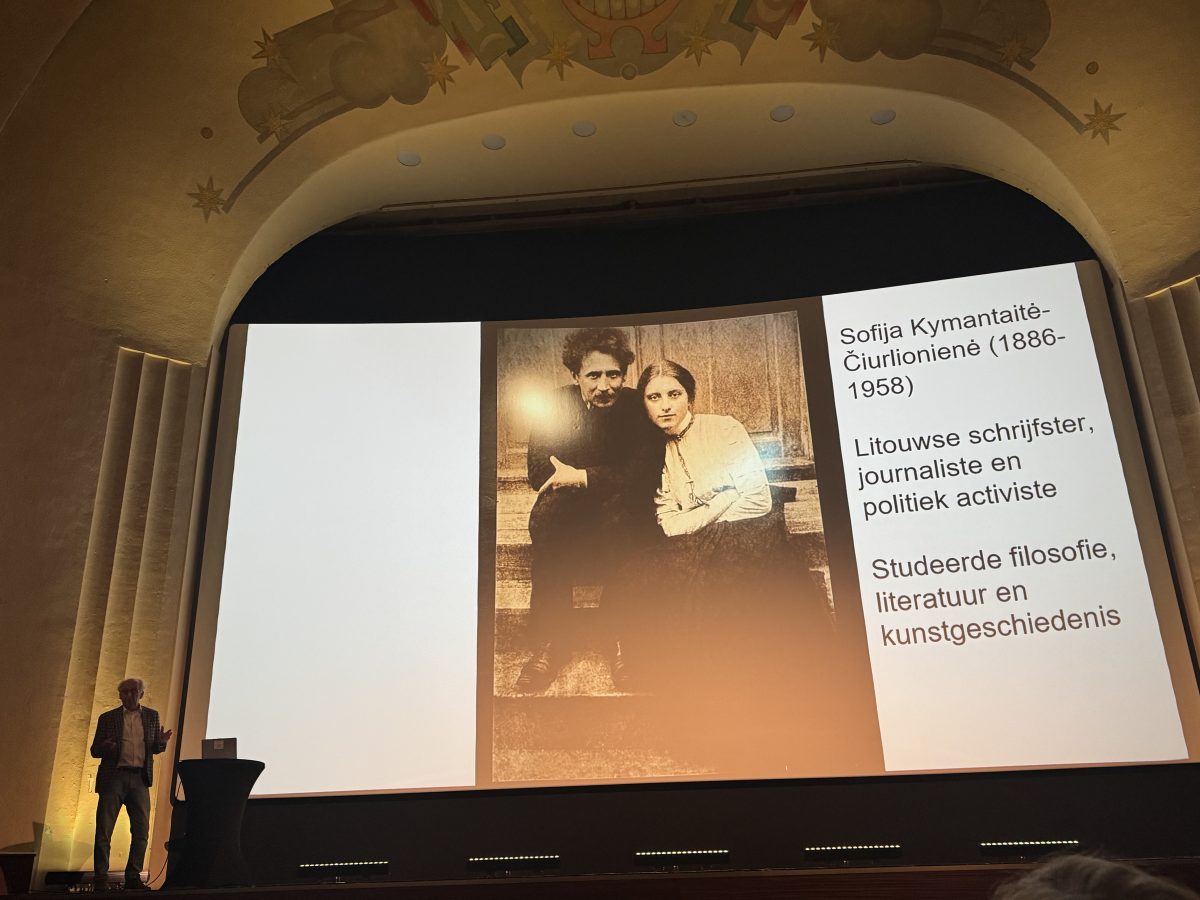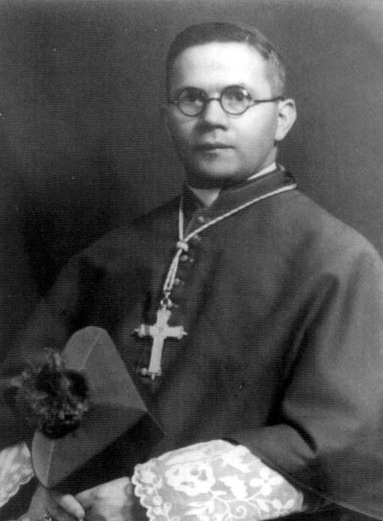Beata Bruggeman-Sękowska
As we mark the 80th anniversary of the end of World War II in 2025, it’s time to set the historical record straight. Russia, alongside Nazi Germany, was responsible for starting the war. Contrary to the Russian narrative of liberation, the Soviet Union occupied Central and Eastern Europe until the late 1980s and early 1990s. The post-war settlement did not bring freedom—it gave rise to a Soviet superpower, further fueling its imperial ambitions. A hunger that still drives its actions today As Polish Minister of Foreign Affairs Radek Sikorski once pointedly asked: “Don’t you have enough land? Eleven time zones—and still not enough?” The lessons of history are clear: only integration, unity, and decisive action from the Western world can finally bring an end to this imperial drive.
The World War II already started in august in 1939 and not in 1940 with a secret deal between Russia and Germany and a joint attack on Poland on September 1939 by both the countries. For nearly two years, Russia was a close ally of Nazi Germany. Furthermore, the terror of occupation did not end in 1945 for part of allied countries. While 1945 witnessed the end of the Nazi occupation, it empowered Russian imperialism aspirations. Due to the Ribbentrop-Molotov Pact and the Yalta Conference, it emerged as a global power, tightening its grip on Central and Eastern Europe, and Central Asia through occupation and annexation. The devastating outcome? Russia’s imperialist schemes were not only left unchecked—they were strengthened and intensified.
Fast forward to today: Russia’s war against Ukraine has now stretched into over a decade, ignited by its initial assault on Crimea. In addition, it continues to occupy 20% of Georgia and the Transnistria region of Moldova. But this is just the tip of the iceberg. Russia shows no signs of stopping, just as it did not halt its expansionist ambitions after invading Poland in 1939. History serves as an important warning: when Russia’s imperialist aspirations go unchallenged, its appetite for more only grows.
Stop Facilitating Russian propaganda
What shocks me, is that we still hear, in both media and some Western schoolbooks, the myth that the Red Army “liberated” Poland and the rest of Central and Eastern Europe. This couldn’t be further from the truth. Russia didn’t liberate—it occupied. After invading Poland in 1939, it stayed there until 1989. Do you call it liberation? No. Russia was, and remains, a bloodthirsty occupier. It’s high time we teach our children the real history and stop facilitating Russian propaganda. If we fail to confront these historical truths, we risk repeating the past—history must be our guide, not our blind spot.
Let’s set the record straight: on September 17, 1939, about one million soldiers of the Red Army invaded Poland—just sixteen days after Nazi Germany had attacked from the west. They even held a military parade in Brest on September 22, 1939. (see photos here) By October 6, Poland had been divided in two by Nazi Germany and Russia, as agreed in the Molotov-Ribbentrop Pact: a non-aggression treaty signed on August 23, 1939. This treaty contained secret clauses that stated, among other things, that Poland would be divided into a Russian and a German part following a German invasion, and it also gave Russia free rein to annex other countries—Lithuania, Latvia, Estonia, Finland, and parts of Romania. The consequences were brutal: deportations, mass murders, ethnic cleansing. Executions, forced labor, imprisonment, and crimes against humanity became daily realities in Russian-occupied territories.
Between 1940 and 1941, approximately one million people in Poland were deported to forced labor camps in Siberia, and in 1940, nearly 22,000 Polish prisoners of war, officers, and police officers were executed in the notorious Katyn massacre. In 1940, Stalin annexed Lithuania, Latvia, and Estonia, and between 1941 and 1953, 600,000 people from these countries were deported to remote areas of the Soviet Union, including Siberia and Central Asia. Relative to their populations, this number was equivalent to deporting half of the Dutch population.
These methods—deployed with ruthless efficiency then—are still being used by Russia today. The end of World War II did not bring peace to Russia’s conquered territories; instead, the Yalta Conference solidified the Soviet sphere of influence, turning Russia into a superpower. The cycle of aggression continues.
The invasion of Poland in 1939 was just one step in a much larger plan, of which the ongoing war against Ukraine is merely the next chapter. Countries such as Poland, Latvia, Lithuania, and Estonia have long warned against Russian imperialism. They remember the price of appeasement and silence in the face of aggression. They know that for Russia, Ukraine isn’t the end goal; it’s a pit stop. This is a marathon, not a sprint. Putin will not give up his imperialist ambitions easily, and it is foolish to believe that any form of peace talks or deals can satisfy him. Russian imperialism is insatiable—it will never stop unless it’s forced to.
‘’ You will never rule here again, neither in Kyiv, nor in Vilnius, nor in Riga, nor in Tallinn, nor in Chisinau,” Polish minister of foreign affairs Radek Sikorski warned Russia. Eighty years ago, the dominance of Nazi German occupation was halted through decisive action. Now is the time to put an end to Russian imperialism—once and for all.

Author: Beata Bruggeman-Sękowska is a Dutch-Polish journalist, author, and the editor-in-chief of the Central and Eastern Europe Center. She serves on the board of the European Institute on Communist Oppression. Born in Warsaw and currently residing in the Netherlands, Beata has roots in Lviv, Ukraine and has Armenian heritage.
Photo cover: “Victory Arches” with swastikas and red stars, unknown author, 22 September 1939. This image is in the public domain in countries and areas where the copyright term for anonymous or pseudonymous works is 70 years from the year of first publication or less, for example in the European Union. https://en.wikipedia.org/wiki/German%E2%80%93Soviet_military_parade_in_Brest-Litovsk#/media/File:Biera%C5%9Bcie.%D0%91%D0%B5%D1%80%D0%B0%D1%81%D1%8C%D1%86%D0%B5(22.09.1939).jpg














